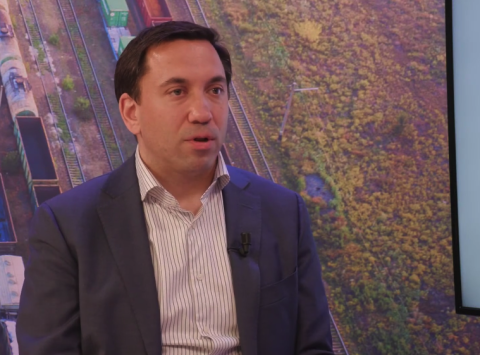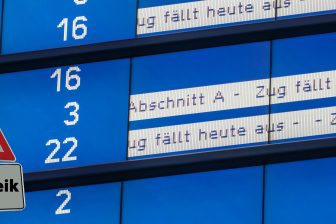
Founder of European Sleeper: the time is right for a new night train
European Sleeper is on course for its first service in 2023. 2021, ProMedia
In roughly a year from now, the new Dutch private rail operator European Sleeper wants to run its first night train from Prague to Brussels. Co-founder Elmer van Buuren: “The time is right for the night train, as many people realise now that travel can and perhaps should be more efficient and sustainable due to the corona crisis”, he said to Dutch sister magazine SpoorPro.
Want to read more?
You have read all of your free premium articles for this month. Please become a subscriber to keep reading.
Subscribe now!
Take advantage of our exclusive offer to get full access to all premium content.



